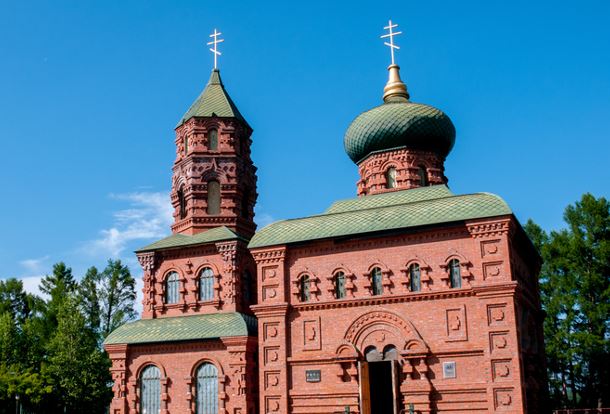Millions of people use Airbnb when travelling but its popularity sometimes puts it at odds with locals. So, how do short-term holiday lets really affect a neighbourhood?
In the decade since it was launched, online home rental platform Airbnb has amassed millions of rooms worldwide.
But it has also found itself entangled in disputes with authorities from Tokyo to Berlin to San Francisco.
Similar issues recur:
• the number of nights each year a property can be rented out
• the hiring of entire homes
• licensing
• tax requirements
• how rules should be enforced
Short-term rental restrictions around the world
• Amsterdam: Entire home rentals limited to 60 days a year, set to be halved
• Barcelona: Short-term rentals must be licensed but no new licenses are being issued
• Berlin: Landlords need a permit to rent 50% or more of their main residence for a short period
• London: Short-term rentals for whole homes limited to 90 days a year
• Palma: Mayor has announced a ban on short-term flat rentals
• New York City: Usually illegal for flats to be rented for 30 consecutive days or fewer, unless the host is present
• Paris: Short-term rentals limited to 120 days a year
• San Francisco: Hosts must obtain business registration and short-term rental certificates. Entire property rentals limited to 90 days a year
• Singapore: Minimum rental period of six consecutive months for public housing
• Tokyo: Home sharing legalised in only 2017. Capped at 180 days per year
Sources: Airbnb, Amsterdam City Council, Government of the Balearic Islands, Reuters, the New York Times
And while Airbnb represents only a tiny percentage of all housing units in any given city, it can represent a very substantial percentage in certain neighbourhoods, such as in Barcelona's Old Town.
The rapid expansion of short-term letting companies - as with drones and driverless cars - is a relatively unexpected phenomenon causing governments to rethink existing regulation.
Airbnb aims to host one billion guests each year by 2028. The scale of its ambition means regulatory battles are likely to continue for the foreseeable future, as more places try to shape and control its impact.
We may see more of the strict crackdowns that have happened in places such as Japan, Barcelona and Palma.
Even jurisdictions choosing a more conciliatory approach may still restrict certain types of listings and require some data sharing on rental activity.
This may put the brakes on the company's growth target but it could also help formalise and legitimise the presence of Airbnb as a permanent fixture in neighbourhoods around the world.
Read Original Article




